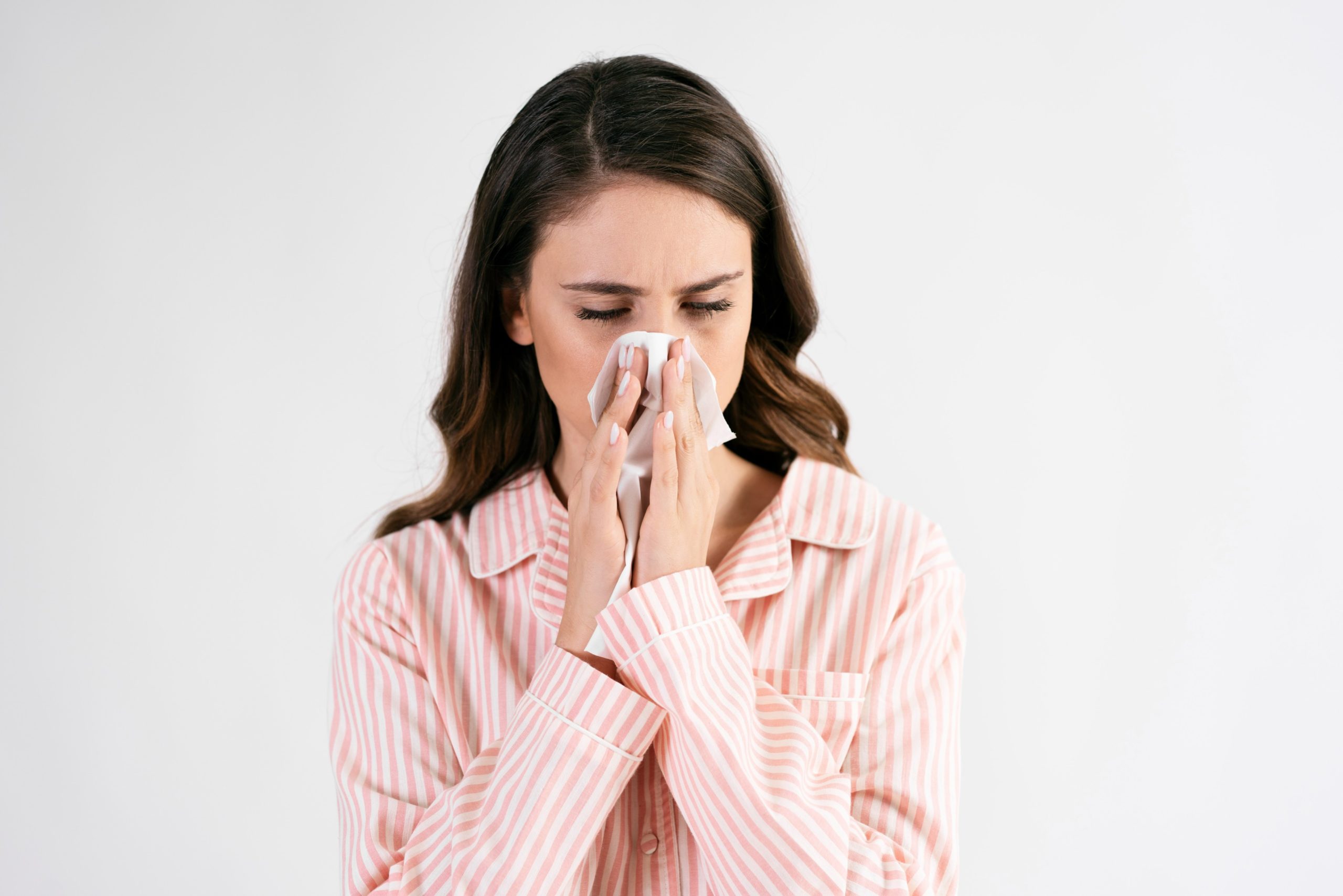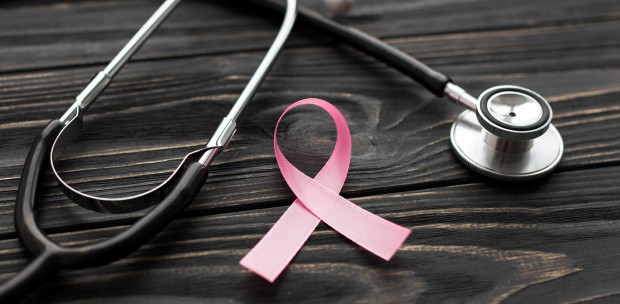Allergies affect millions globally, including sneezing, itching, skin rashes, or respiratory distress triggered by dust, pollen, or food. Modern treatments often suppress symptoms with antihistamines, but Ayurveda addresses the root imbalances, strengthening immunity to prevent allergic reactions. Ayurveda Treatment for Allergy focuses on balancing doshas, eliminating toxins, and enhancing Ojas, the vital essence of immunity. At Ishani Ayurveda Treatment Centre, holistic protocols combine herbs, diet, therapies, and lifestyle adjustments to build resilience against allergens.
1. How Long Does Ayurvedic Treatment Take to Cure Allergies Naturally?
The duration of Ayurveda Treatment for Allergy varies based on allergy severity, chronicity, patient constitution (Prakriti), and adherence to protocols. Acute allergies, such as seasonal pollen reactions, often show improvement within 2–4 weeks of starting herbal remedies and dietary changes. Symptoms like sneezing or watery eyes reduce significantly as Kapha dosha calms and toxins (Ama) begin clearing from the system.
Chronic allergies, including perennial dust or skin conditions, require 3–6 months for substantial relief. Initial phases focus on detoxification and dosha balance, followed by immunity-building herbs. A 2021 study from the Journal of Ayurveda and Integrative Medicine reported that 65% of patients with chronic rhinitis experienced symptom-free periods after 12 weeks of consistent Ayurvedic intervention.
Long-standing cases with complications, such as asthma triggered by allergies, may need 6–12 months. Therapies like Panchakarma accelerate progress by removing deep-seated toxins. Regular follow-ups ensure adjustments, preventing setbacks. Patience and discipline yield lasting results, transforming reactive immunity into robust defense.
2. What Are the Best Ayurvedic Remedies for Skin and Dust Allergies?
Skin and dust allergies stem from Kapha–Pitta aggravation, where accumulated toxins irritate tissues. Effective remedies soothe inflammation, purify blood, and expel allergens.
For skin allergies, Neem (Azadirachta indica) stands out. Its antibacterial and anti-inflammatory properties cleanse the blood and reduce itching. Topical pastes or internal decoctions heal rashes rapidly. Manjistha supports lymphatic drainage, clearing Pitta-related heat from the skin. Khadira decoctions strengthen skin barriers against allergens.
Dust allergies benefit from Trikatu—a blend of ginger, black pepper, and long pepper—that kindles digestive fire, preventing Ama formation. Tulsi (holy basil) acts as a natural antihistamine, easing respiratory congestion. Haridra (turmeric) with its curcumin content modulates immune responses, reducing hypersensitivity.
Nasal drops (Nasya) with Anu Tailam clear sinus passages, expelling dust particles. Steam inhalation with eucalyptus and Tulsi leaves provides immediate relief. These remedies, administered under guidance at Ishani Ayurveda, target symptoms while fortifying immunity.
3. The Benefits of Choosing Ayurveda for Allergy Treatment
Ayurveda offers distinct advantages over conventional allergy management. Ayurveda Treatment for Allergy treats the individual, not just the symptom, by assessing dosha imbalances and lifestyle factors. This personalized approach minimizes side effects common with steroids or antihistamines, such as drowsiness or dependency.
Long-term benefits include enhanced immunity through Ojas nourishment. Herbs like Ashwagandha and Guduchi build resilience, reducing allergy frequency. Detoxification eliminates triggers at the source, unlike symptom-masking drugs.
Preventive strategies—diet, yoga, and seasonal routines (Ritucharya)—empower patients to avoid flare-ups. A 2022 clinical trial in Kerala demonstrated that Ayurvedic protocols reduced allergy recurrence by 70% compared to placebo groups. Cost-effectiveness and sustainability further favor Ayurveda, promoting self-reliance in health management.
4. Is Ayurvedic Treatment Effective for Chronic Skin Allergies?
Chronic skin allergies, including eczema or urticaria, respond exceptionally well to Ayurveda when root causes are addressed. Persistent conditions often involve Pitta-dominant toxins lodged in the skin and blood. Ayurveda Treatment in Kerala employs blood-purifying herbs and cooling therapies to resolve these issues.
Bakuchi seeds, used cautiously, regenerate skin cells and reduce hypersensitivity. Sariva cools blood, alleviating burning sensations. External applications of Chandan (sandalwood) paste soothe inflammation instantly.
Panchakarma procedures like Virechana (purgation) and Raktamokshana (bloodletting) remove deep impurities. A case series from Trivandrum Ayurveda College showed 80% improvement in chronic eczema patients after three months of integrated treatment. Consistent oil massages with Kumkumadi Tailam restore skin integrity, preventing relapses.
5. How Does Ayurveda Treat the Root Cause of Dust Allergies?
Dust allergies arise from Kapha accumulation in the respiratory tract, combined with weak immunity allowing allergen penetration. Ayurveda corrects this by expelling Kapha, strengthening Prana Vayu, and enhancing digestive fire to prevent Ama.
Internal medicines like Sitopaladi Churna dissolve mucus and boost lung capacity. Talisaadi powder with honey clears bronchial passages. Nasya therapy with medicated oils lubricates nasal mucosa, trapping dust before it triggers reactions.
Lifestyle corrections include avoiding cold, heavy foods that increase Kapha. Pranayama practices like Bhastrika improve respiratory strength. Detoxification treatment in Kerala through mild Vamana (therapeutic emesis) clears upper respiratory toxins, addressing the source rather than surface symptoms.
FAQ
1. What Are the Common Signs of Allergy Imbalance According to Ayurveda?
Ayurveda identifies allergy-prone states through dosha signs. Kapha imbalance shows as excessive mucus, nasal congestion, or lethargy. Pitta excess manifests as red, itchy rashes or burning eyes. Vata aggravation causes dry cough or sudden sneezing. Digestive symptoms like bloating indicate Ama, a key allergy trigger.
2. Can Ayurvedic Treatment Help Prevent Allergies from Coming Back?
Yes, by balancing doshas, removing toxins, and building Ojas, Ayurveda prevents recurrence. Seasonal detoxification, immune-modulating herbs like Guduchi, and dosha-specific diets create lasting protection. Patients following annual Ayurvedic Panchakarma Munnar protocols report minimal allergic episodes.
3. How Does Ayurvedic Diet Help in Managing Allergic Reactions?
Diet pacifies aggravated doshas and reduces Ama. Kapha-pacifying foods—warm, light, spicy—prevent mucus buildup. Pitta-cooling items like coconut water soothe inflammation. Avoiding allergens (dairy, wheat) and favoring fresh, cooked meals supports digestion, minimizing immune overreactions.
4. How Can Ayurvedic Herbs Improve Respiratory Health During Allergy Season?
Tulsi, Pippali, and Vasaka strengthen lung tissues and expel phlegm. Haridra Khanda reduces inflammation. Regular use before peak seasons builds tolerance, easing breathing and reducing cough or wheezing triggered by pollen or dust.
5. How Can Ayurveda Help Boost Immunity to Fight Allergies Naturally?
Ayurveda enhances Ojas through Rasayana herbs like Chyawanprash and Amalaki. Balanced doshas, strong Agni, and toxin-free channels create robust immunity. Yoga, meditation, and oil therapies further fortify the body’s defense, enabling natural resistance to allergens.
Conclusion
Allergies need not dominate life when Ayurveda offers sustainable solutions. Ayurveda Treatment for Allergy strengthens immunity, eliminates triggers, and restores balance for lasting relief. Ishani Ayurveda Treatment Centre provides expert guidance through personalized plans, ensuring freedom from allergic distress. Contact the centre today to embark on a natural path to wellness.





